Shopify
Shopify Digital Media Agency In Michigan | Media Genesis
Shopify is a service that provides a hosted eCommerce solution and related features. Founded in 2006 by Lütke, Lake, and Weinand, Shopify has more than 200 million users and is estimated to have a 20% market share. It is the second largest eCommerce platform available. To learn more about Shopify and what you need to do to prepare for an eCommerce website, reach out to Media Genesis today.

LDRS Creative
Ldrscreative.comLDRS Creative came to MG looking for website support and updates. The LDRS website utilized a pre-built theme that MG developers were able to update by performing custom coding and working within the editor for changes. We made changes to the navigation, added new pages, organized the hierarchy, updated the top message bar to allow for more text, added video sections, and improved functionality by fixing items that were broken.
MG provided design recommendations for improvements and helped LDRS Creative fix issues related to their blog, RSS feeds, and pre-ordering setup within Shopify. We also provided photo, video, and social media management and digital marketing campaigns to help grown their online presence and following.

The Chemico Group
Thechemicogroup.comMedia Genesis is working with The Chemico Group to build a Shopify e-commerce website for their Chemico Systems division. The finished Shopify website will feature 12 of their products along with photographs and descriptions of each item. To make the process more streamlined, MG has worked with Chemico to create a product spreadsheet along with variables, descriptions, and pricing that can then be implemented on the site.
The Chemico e-commerce store development began with the purchase of a Shopify premium theme. MG then customized a few of the layouts of the theme to match the client’s requirements and branding. Products were then populated and categorized.

ZingTrain
Shop.zingtrain.comMedia Genesis worked with the ZingTrain team and their design partner to completely redesign their existing Shopify site. Custom fields by Bonify were added to the ZingTrain Shopify website. MG then created a seamless look between the ZingTrain WordPress website and their store – the Shopify website – so the user can navigate to both without experiencing a disruption in design or flow.
MG built a theme using the liquid template language (Shopify’s custom programming language) and Schema Markup. This site was then connected to ZingTrain’s WordPress website, and various “apps” were implemented on the site to create an easy-to-use interface.


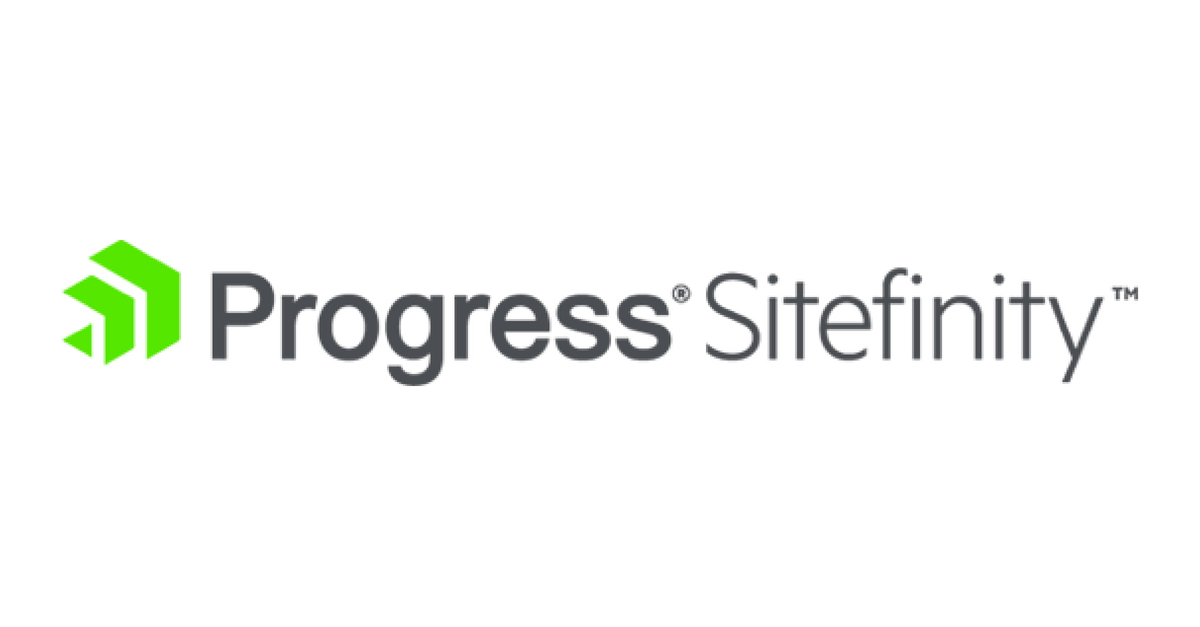

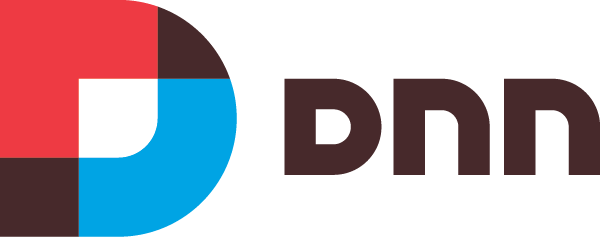

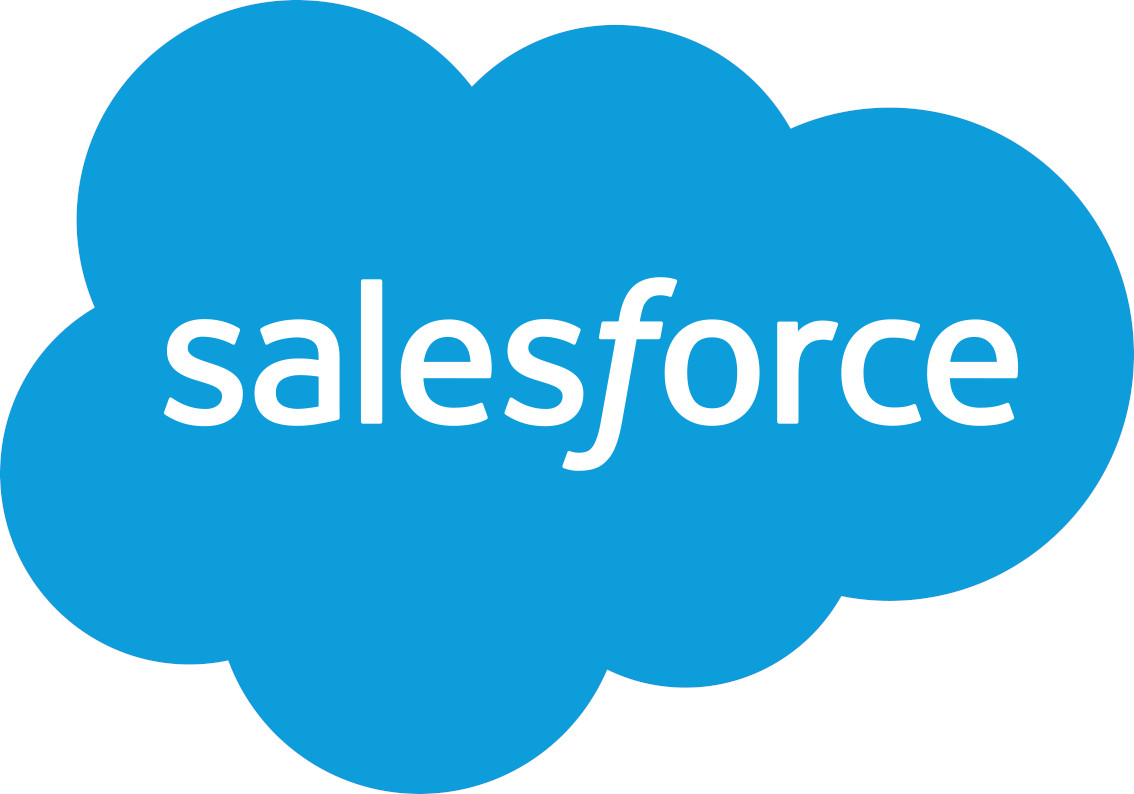

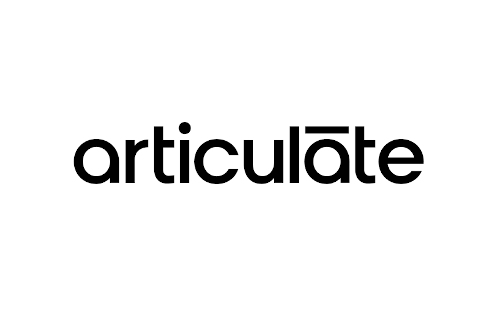
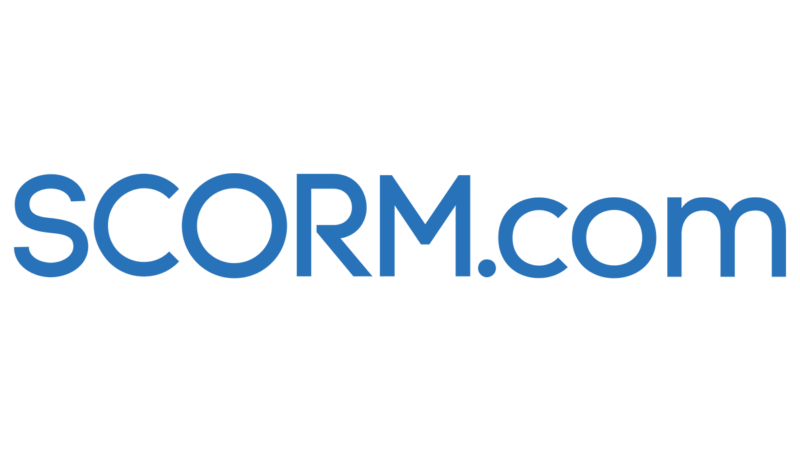

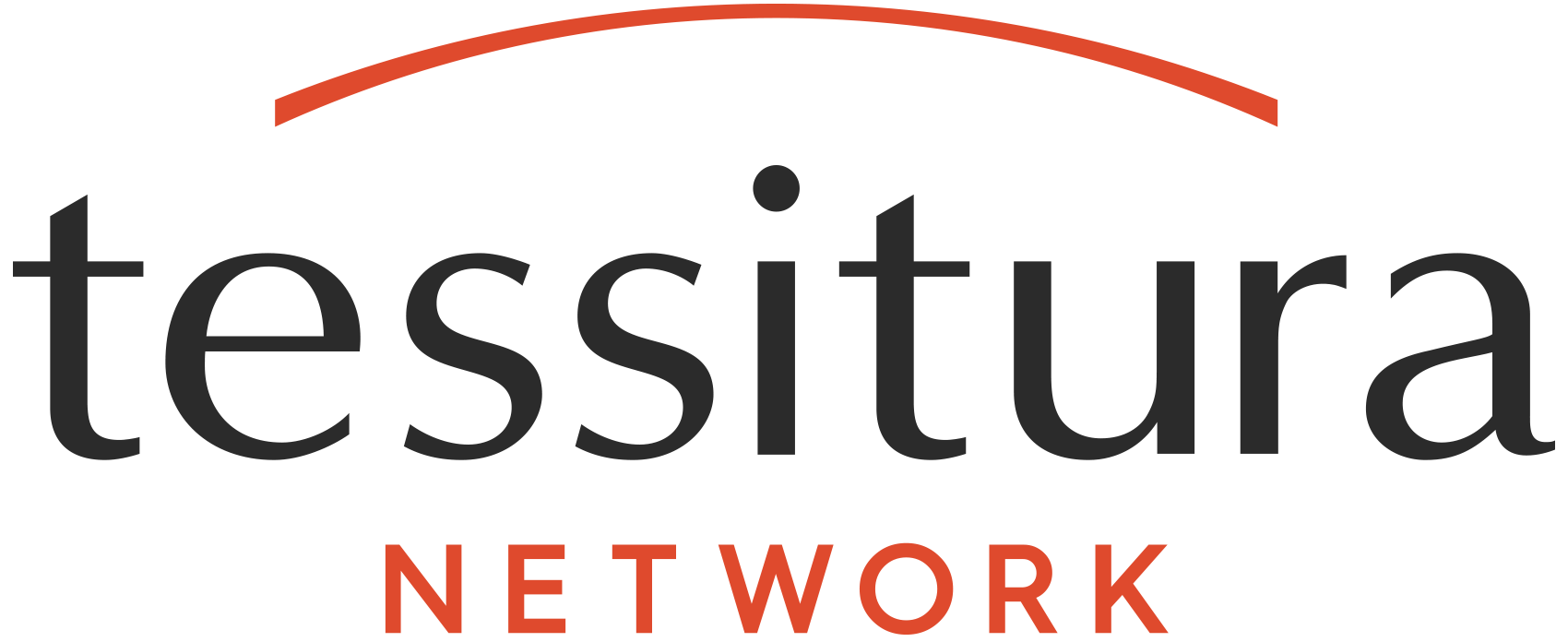

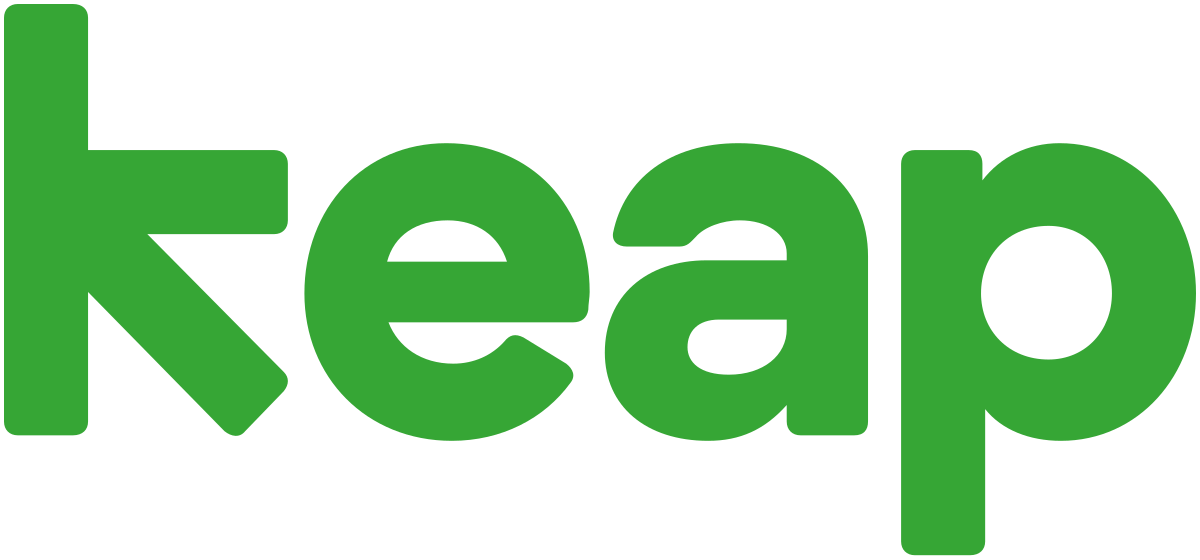
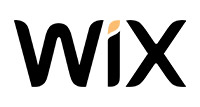


.png)
